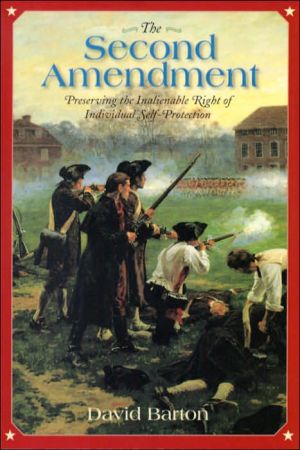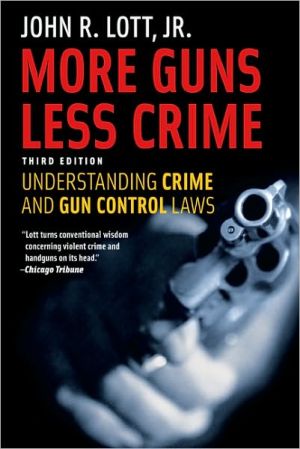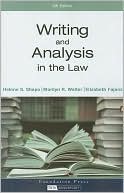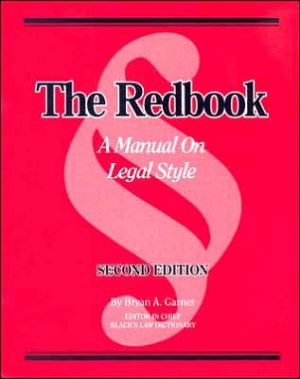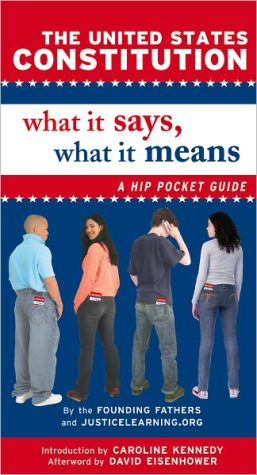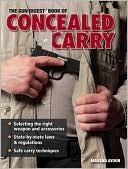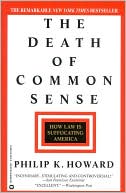Local Government Law
Search in google:
Frug, Ford, and Barron's Local Government Law, Third Edition, updates and sharpens the focus of the first two editions of Frug's Local Government Law casebook: how can governmental power in America be decentralized without creating or perpetuating inequality within and between local jurisdictions? In examining this issue, new cases and materials explore the foundational problem of understanding the relationship between cities and states and the federal government. Frug, Ford and Barron's Cases and Materials on Local Government Law, Third Edition concentrates on three relationships: between cities and higher levels of government, between neighboring cities, and between cities and the people who live within their boundaries. The problems engendered by these three relationships are the basic ingredients of local government law, and the ways in which these ingredients interact helps determine the extent to which current local government law rules generate -or help to overcome-inequality. The book is organized into four parts. Chapter One introduces the basic arguments for and against the decentralization of power that pervade the cases and materials found in the rest of the casebook. It also introduces the complexities involved in making a public/private distinction when power is decentralized in America -- not just to cities, local public authorities, business improvement districts, and charter schools but also to homeowners associations and shopping malls. Chapter Two then addresses the question of the relationships between cities and states and between cities and the federal government. Chapter Three shifts the subject of inquiry to the problem of interlocal relationships, focussing on the relationships between central cities and suburbs located in the same metropolitan area-and among the suburbs themselves. Finally, Chapter Four investigates the legal relationship between city governments and their constituents. This chapter examines such cutting edge urban issues as the privatization of governmental services, crime control mechanisms ranging from community policing to private security guards, school vouchers, and the transformation of areas of major central cities into urban theme parks.


